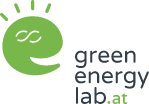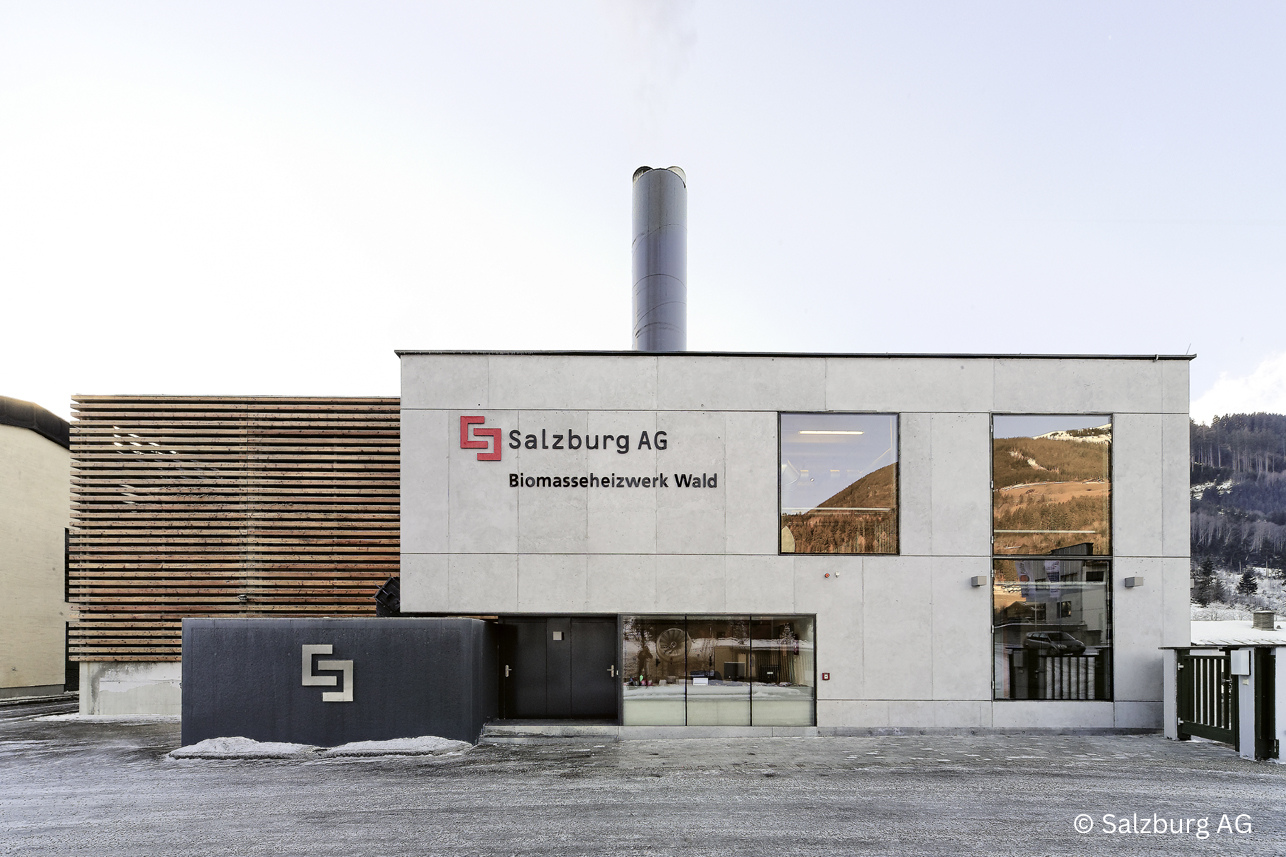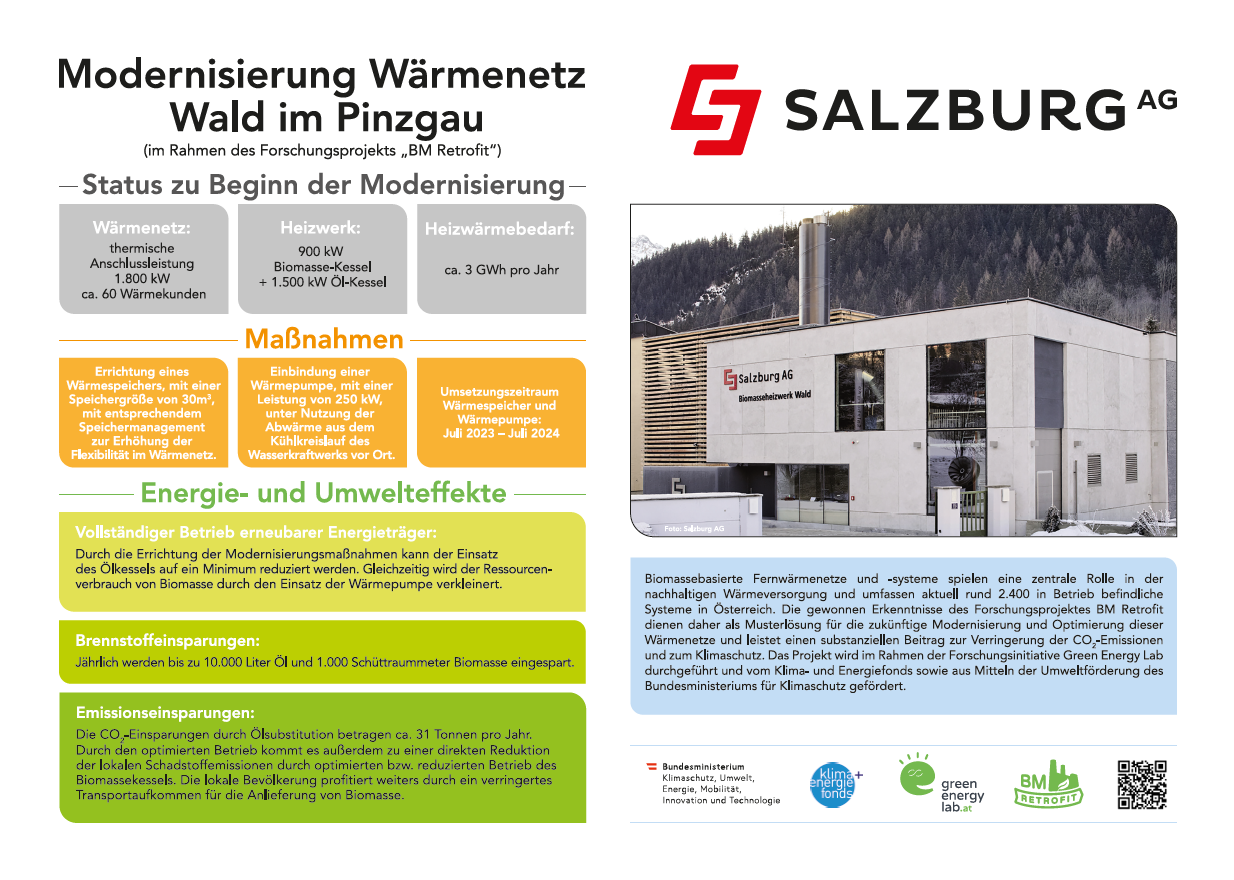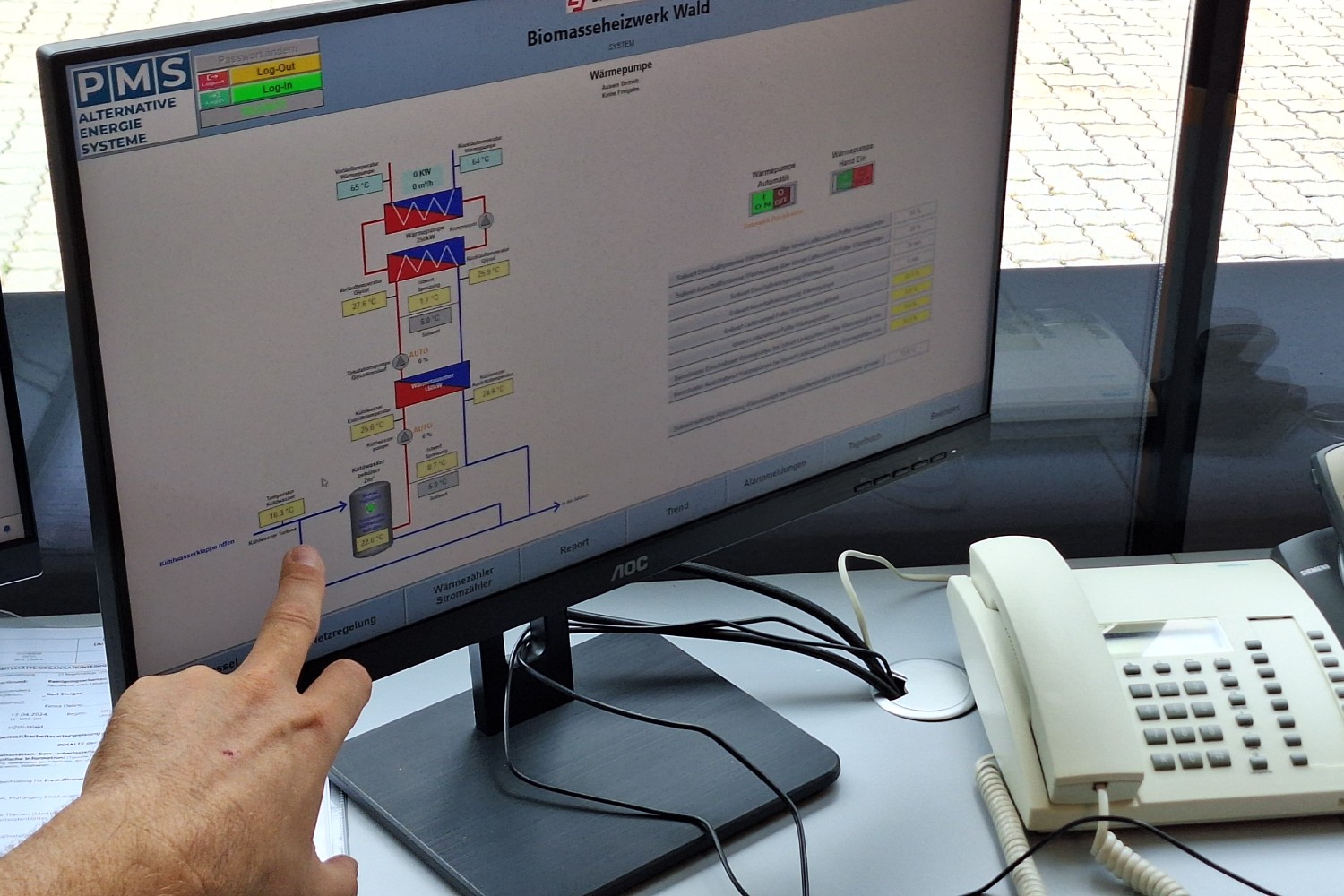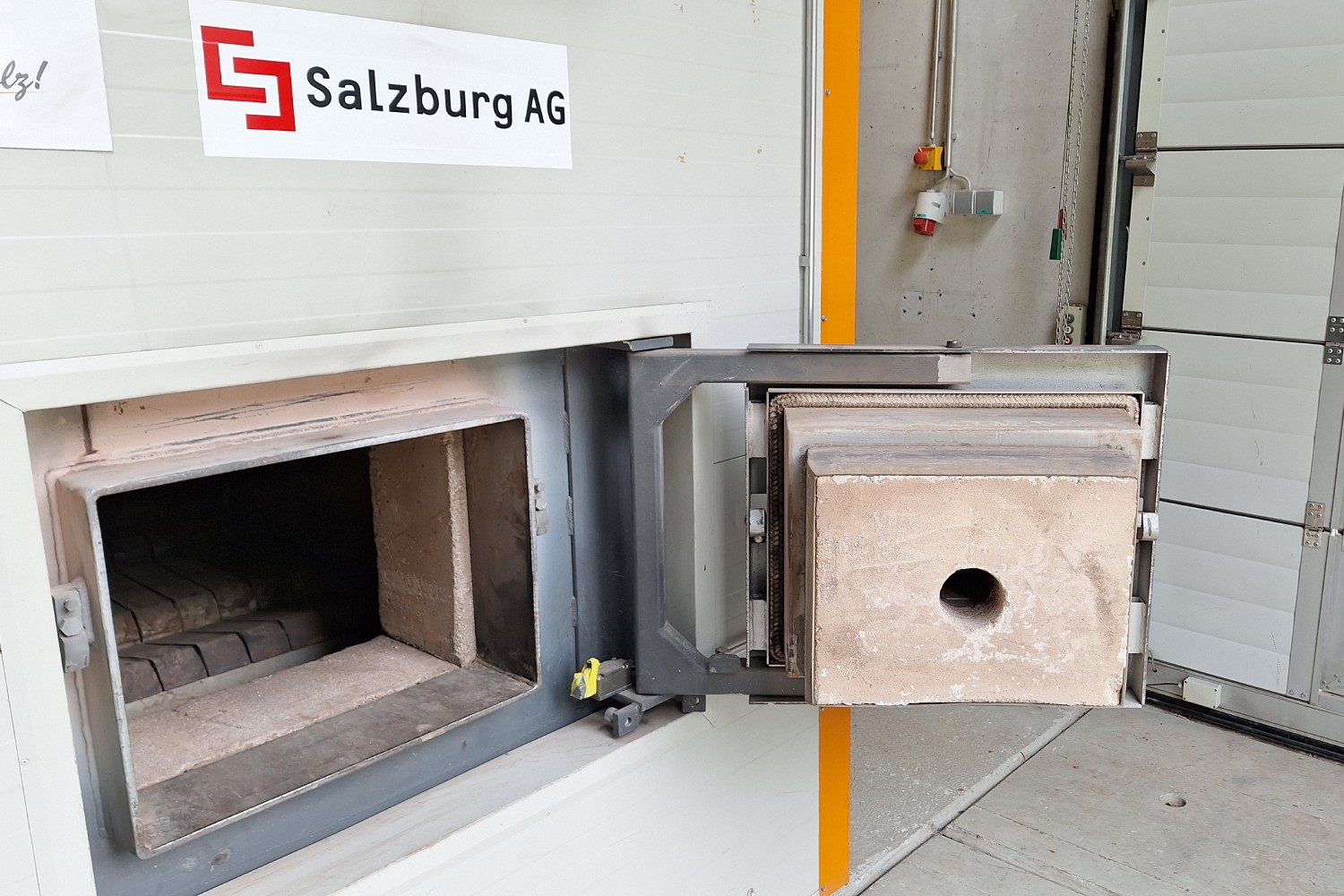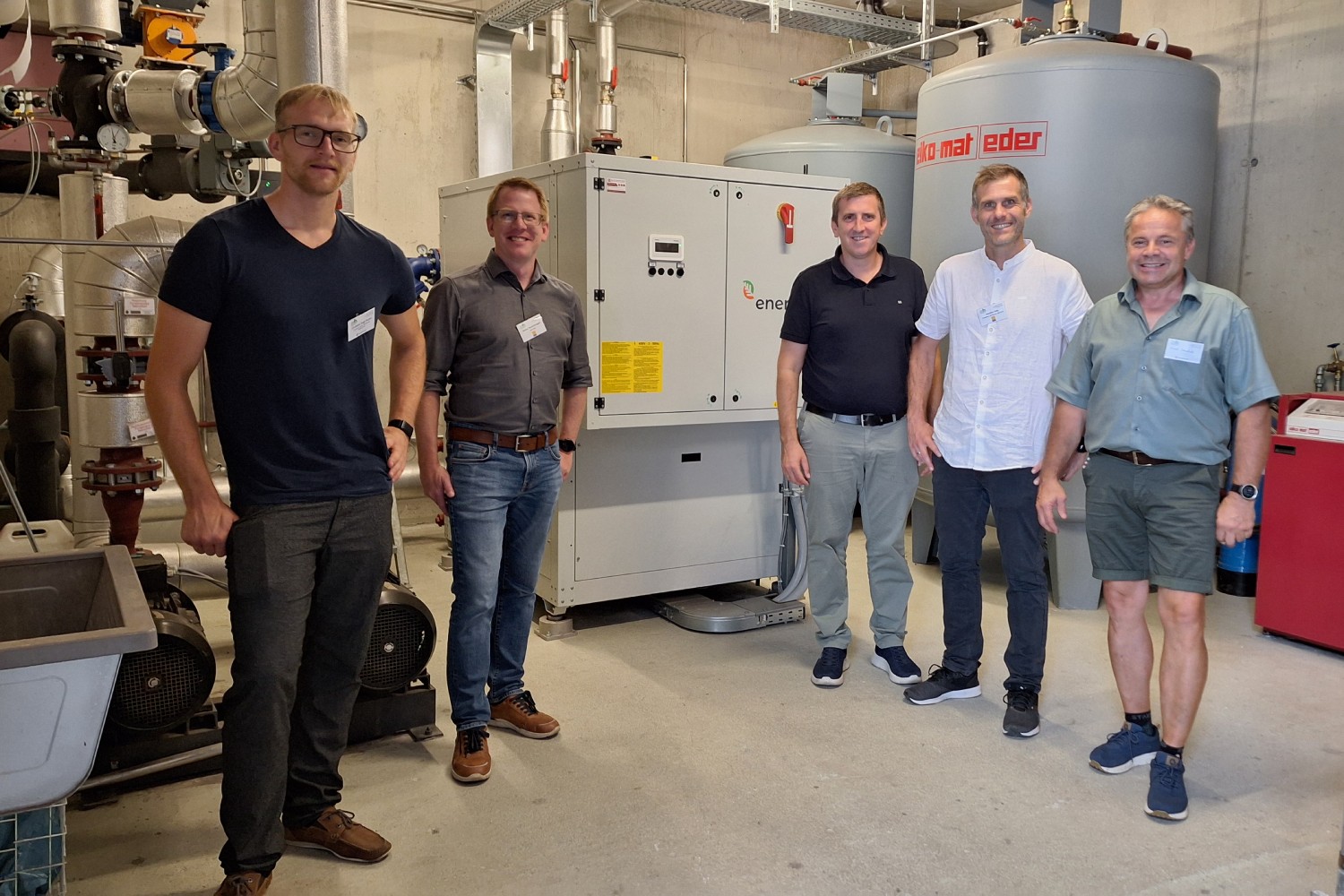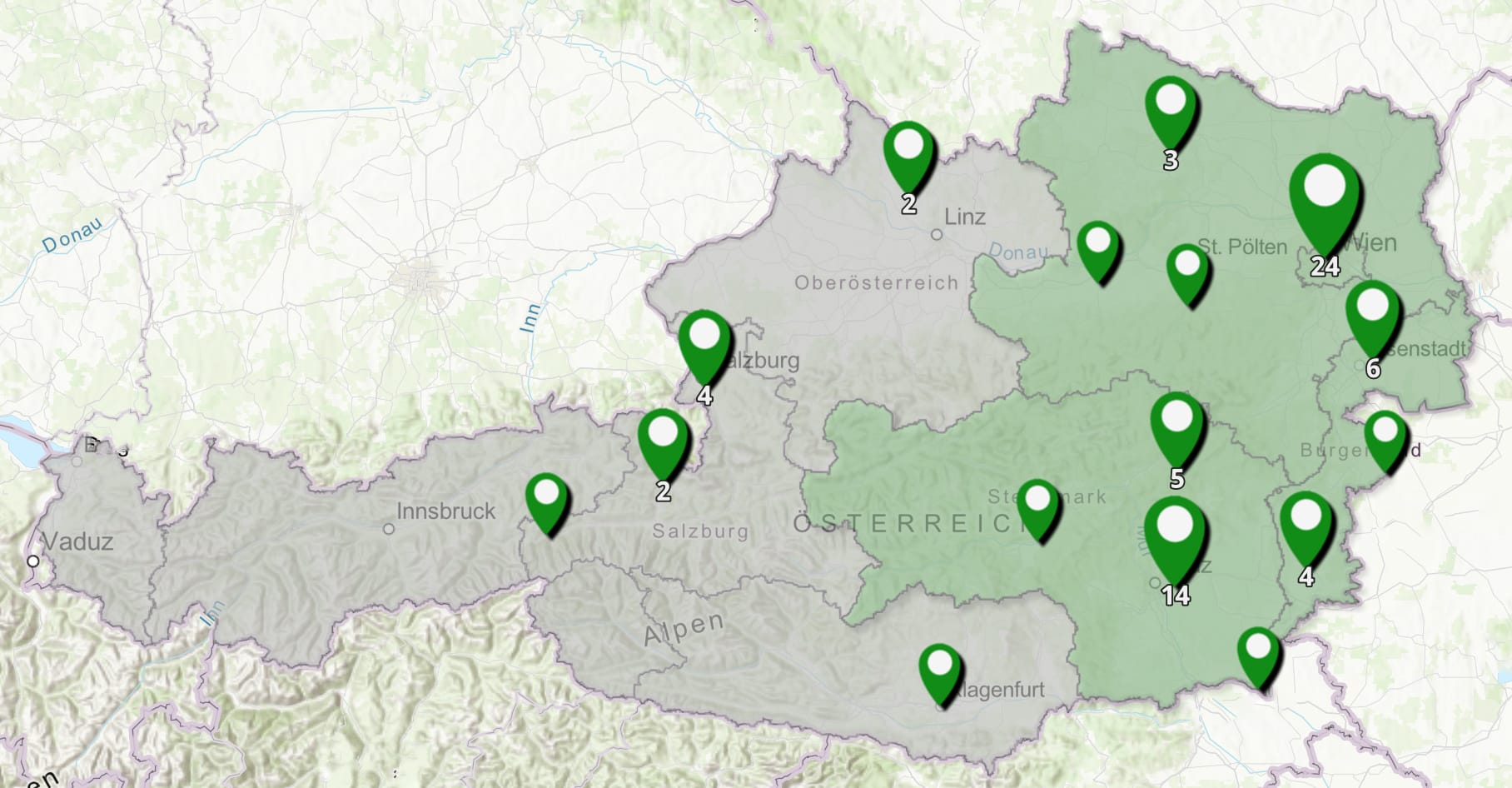BM Retrofit DEMO Wald im Pinzgau
The modernization and optimization of the heating network in Wald im Pinzgau includes measures to optimize summer operation by integrating local waste heat as well as increasing flexibility and a higher-level control strategy with an intelligent energy management system for optimized operation of the heating network.
The heating network in Wald im Pinzgau currently has a thermal connected load of 1,800 kW and supplies about 60 heating consumers. A biomass boiler (900 kW) and an oil boiler (1,500 kW) are installed in the heating plant as back-up and to cover peak loads. The heat demand of the heating network is about 3 GWh per year. How can this demand be completely covered by green heat in the future?
Objective of the project BM Retrofit Wald in Pinzgau
The aim of the demonstration project is to optimize the biomass heating plant Wald with an innovative heat pump concept and to make it climate-friendly. The planned measures should ensure that the heat supply can be provided with 100% renewable energy. In the future, customers of the Wald heating plant will be supplied exclusively with green heat.
This goal is to be achieved by the following innovative measures: a) Construction of a heat storage tank with appropriate storage management to increase the flexibility of the heating network, b) Integration of a heat pump using the waste heat from the cooling circuit of the hydropower plant on site.
Approach and methodology of the project BM Retrofit Wald im Pinzgau
The modernization is carried out in two steps.
The first phase (summer 2023 – summer 2024) includes measures to optimize summer operations by integrating local waste heat and increasing flexibility. The energy-efficient use of existing but previously unused waste heat is just one of many key elements of the concept.
Specifically, a combination of technologies and sector coupling for waste heat utilization is planned. The waste heat from the cooling circuit of the nearby hydropower plant will be used for the heating network by means of an innovative heat pump concept with a thermal output of about 250 kW. An additional P2H system can further increase the temperature if required. The heat pump and the P2H system will be powered by renewable electricity generated on site from the hydropower plant.
A thermal storage tank of approximately 30m³, including storage management, also contributes to increased flexibility. (Flexibility in this context means that the system must be kept stable despite fluctuating consumption and generation over the course of the day, e.g. through storage and later release).
Based on the results and findings of the first phase, concepts for the modernization and optimization of the biomass boiler operation (e.g. retrofitting flue gas recirculation, combustion air control, etc.) as well as a higher-level control strategy with an intelligent energy management system (model predictive control using yield and load forecasts) for the optimized operation of the heating network or for network control will be developed and tested in the second phase of the project. The overall system will thus be brought to a pioneering level in the field of climate-friendly heat supply and the site can serve as a best-practice example for modern and sustainable modernization concepts.
The future heat supply in Wald im Pinzgau will be provided by 100 percent renewable and local heat sources (biomass, waste heat, electricity) and the fossil oil boiler will only be used in emergencies. Through this direct substitution, annual savings of about 10,000 liters of oil (about 100,000 kWh) and a CO₂ reduction of about 30 tons can be achieved. In addition, by optimizing the operation of the biomass boiler in combination with waste heat recovery, the total consumption of biomass can be reduced enormously (about 1,000 cubic meters), thus contributing to the conservation of biomass.
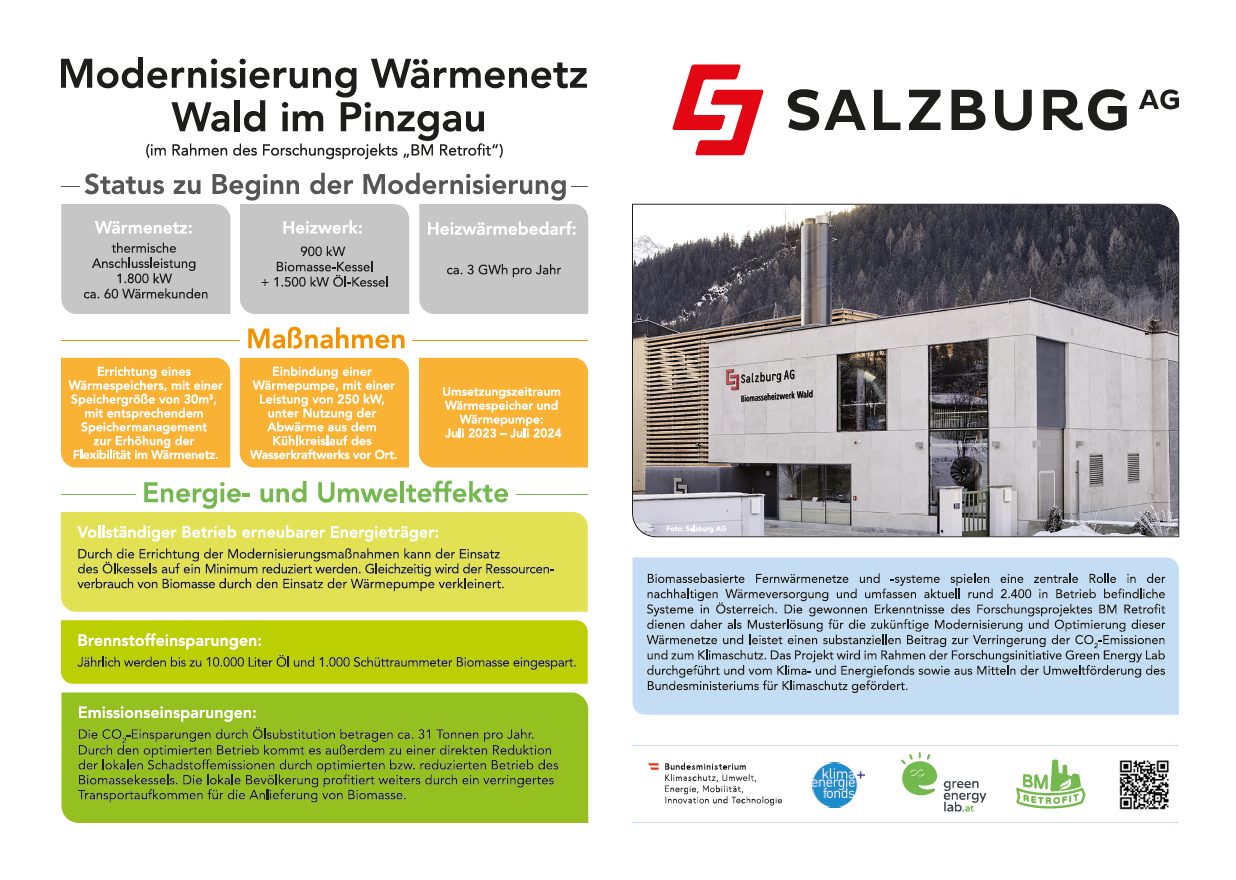
Display board for the BM Retrofit Wald im Pinzgau demo project. Click on the image to download the PDF! (available in German only)
Links:
- Flagship Project BM Retrofit
- Report Insight Talk Innovative Heating Solutions
- BM Retrofit solutions for heating network operators >> information sheet (german only)
- BM Retrofit solutions >> optimised display for mobile phones (german only)
The following model solutions were being developed in the BM Retrofit DEMO Wald im Pinzgau project:
Holistic modernization concept for biomass-based District Heating systems
Media reports on the project
Increased efficiency and decarbonization of heating networks
Around 50 percent of Austria's energy requirements are needed in the heating sector, whereby the current level of supply with fossil fuels is around 60 percent. Half of Austria's district heating supply alone is currently still based on fossil fuels. The BM Retrofit project is concerned with the development of highly efficient, biomass-based district heating systems as the basis for a climate-friendly heat supply.
To the articleIncreased efficiency and decarbonization of heating networks
As part of the practical BM Retrofit research project, holistic modernization and expansion concepts for existing biomass-based heating networks are being developed. The developed elements and solutions are implemented in various biomass-based district heating networks, so-called demonstrators, and analyzed with accompanying data evaluation and holistic system validations including life cycle and value chain analysis.
To the article